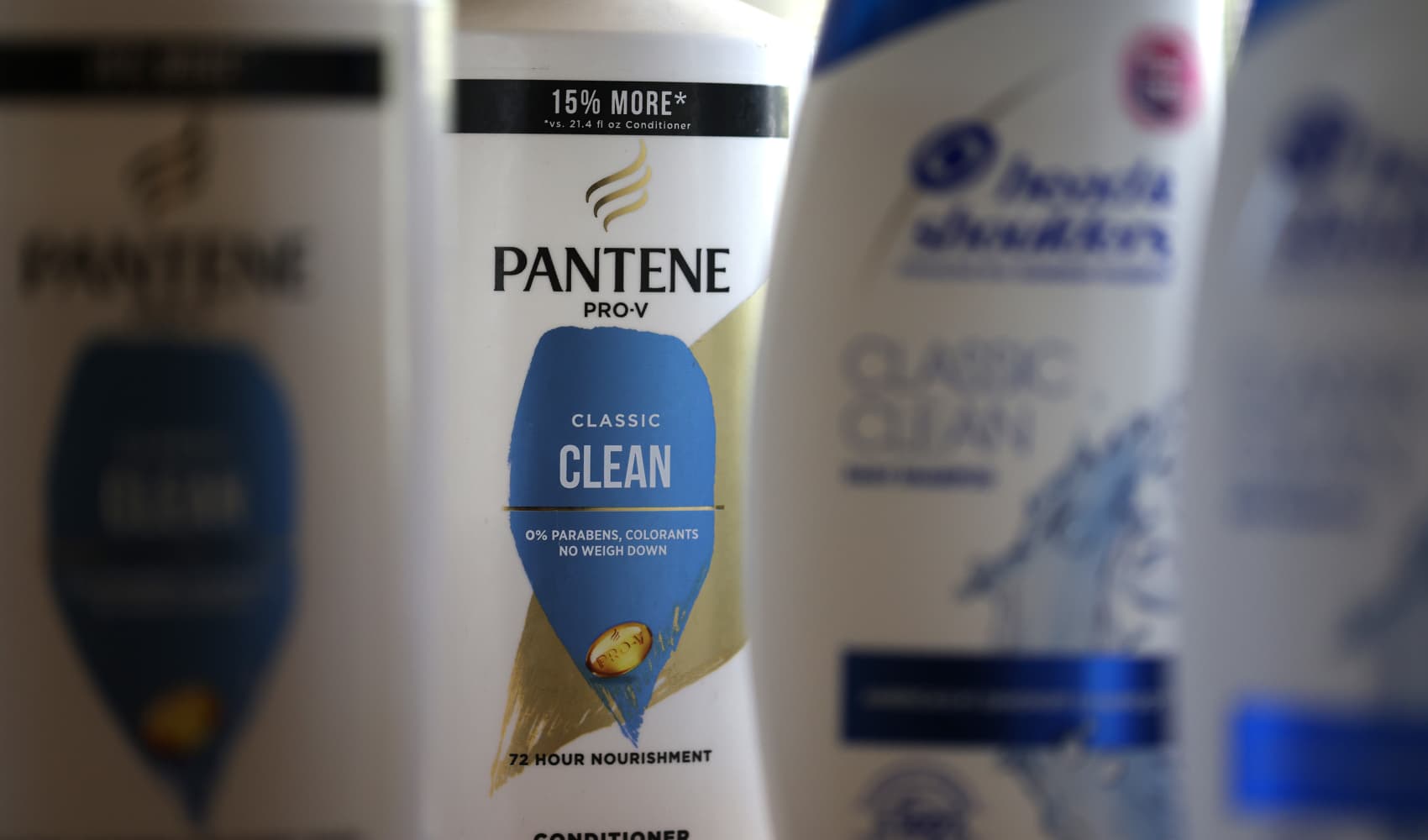
The expanded child tax credit, established in March by the American Rescue Plan, will be continued for just one more year, according to the latest spending proposal by Democrats.
But a key part of the credit – full refundability – will be made permanent, per the Democrat's plan.
Keeping refundability will slash child poverty by 19%, according to research by the Jain Family Institute.
"The key to the child tax credit is making it fully refundable," said Stephen Nuñez, the lead researcher on guaranteed income at Jain and co-author of the paper. "So that money isn't gated behind what happens in the labor force in any given year for parents."
Get Philly local news, weather forecasts, sports and entertainment stories to your inbox. Sign up for NBC Philadelphia newsletters.
More from Invest in You:
These companies have a 4-day workweek. Here's what they've learned
Here are the 5 most valuable — and 5 least valuable — college majors
Make these financial and career moves before you quit your job
The details
The existing child tax credit was expanded in March by the American Rescue Plan as one of many responses to the coronavirus pandemic and ensuing recession.
Money Report
The enhanced credit included advance monthly payments from July to December of 2021, increased the benefit to $3,000 from $2,000 with a $600 bonus for kids under age 6, and made 17-year-olds eligible for the benefit for the 2021 tax year.
It was also made fully refundable, meaning that families have not had to show any earned income to receive the money. Previously, the credit was partially refundable up to $1,400, which meant that people who made less than $2,500 annually didn't get the benefit even if they had children who would've been otherwise eligible.
If the Democrat's budget resolution passes as is, the credit will be extended in this form through the 2022 tax year.
In 2023, the credit would revert to its previous age requirements and amounts – $2,000 for those under the age of 17 – but would be available to families with the lowest incomes.
Who full refundability helps
Keeping full refundability will mean that some 27 million children will continue to get some money through the credit.
It will have a greater impact on children of color: full refundability would reduce African American child poverty by 30%, according to the research paper.
"Full refundability is especially important for those that are the most vulnerable children in the lowest-income families," said Jack Landry, a fellow in guaranteed income at the Jain Family Institute and co-author of the paper.
To be sure, if the Democrats' original plan that included a longer expansion of the full enhanced credit had been implemented, it would've cut child poverty by about 40%, according to the report.
Still, continuing full refundability would reduce child poverty significantly more than reverting to the credit as it was in the Tax Cut and Jobs Act, which still left 13.4% of children in poverty. It's also much cheaper than keeping the larger $3,000 credit: the additional cost per year of full refundability is $17 billion, as opposed to the $45 billion it would cost to continue the larger benefit, according to the paper.
Going forward
While the enhanced child tax credit seems to be safe in the Democrats budget resolution framework thus far, it's possible that things could still change.
Because Democrats are looking to pass the legislation through a sped-up process called reconciliation, all 50 Democrats in the Senate must agree.
Still, advocates will continue to push for full refundability of the credit to be made permanent.
"If the expanded credit has to be modified to reduce costs, the place to cut is among the wealthiest families," said Natalie Foster, co-founder and co-chair of the Economic Security Project. "Not by leaving low-income families, especially families of color, to the mercy of future Congresses."
SIGN UP: Money 101 is an 8-week learning course to financial freedom, delivered weekly to your inbox.
CHECK OUT: How to make money with creative side hustles, from people who earn thousands on sites like Etsy and Twitch via Grow with Acorns+CNBC.
Disclosure: NBCUniversal and Comcast Ventures are investors in Acorns.






